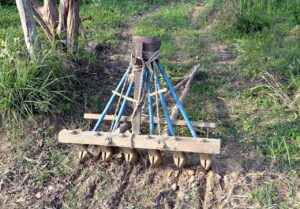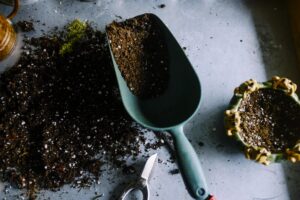Hey there! In our article, “Can I Compost Banana Peels?” we dive into the heart of sustainable living by exploring whether those ubiquitous banana peels can be tossed into our compost bins. We’ll break down the benefits, the do’s and don’ts, and share some super simple tips that can help us turn kitchen scraps into garden gold. From enhancing soil quality to reducing waste, we’re here to show how something as seemingly insignificant as a banana peel can play a big role in living green. Let’s uncover the composting potential together! Have you ever pondered the question, “Can I compost banana peels?” If you have, you’re certainly not alone. Many of us are constantly striving to find ways to reduce waste and enrich our gardens at the same time. The answer may surprise you and open up a how-to treasure trove for composting kitchen scraps. Let’s delve into the fascinating world of composting banana peels and discover how this simple act can benefit us and our environment.
Understanding Composting
Before we get to banana peels, it’s essential to grasp the basic concept of composting. Composting is the natural process of recycling organic matter, such as leaves and food scraps, into valuable fertilizer that can enhance our soil.
What is Compost?
Compost, also known as “black gold” in gardening circles, is rich in nutrients and ideal for plants. It improves soil structure, retains moisture, and increases beneficial microbial activity. By composting, we not only minimize waste but also create a potent soil conditioner that supports healthy plant growth.
Types of Composting
Different methods suit different lifestyles and space availability, making composting adaptable to our needs. Here are the primary composting types:
| Method | Description |
|---|---|
| Traditional composting | Often done in a backyard bin or pile, this method involves naturally decomposing organic matter over time. |
| Vermicomposting | Utilizes worms to expedite the decomposition process, great for indoor or small-space composting. |
| Bokashi composting | An anaerobic method involving fermenting food waste using a specialized mix, suitable for all types of compostable food, including meat and dairy. |
Understanding these types helps us choose the best method for our circumstances and composting goals.
Why Compost Banana Peels?
So, why should we consider composting banana peels specifically? There are multiple benefits ranging from environmental impacts to garden health enhancements.
Nutrient-Rich Addition
Banana peels are loaded with valuable nutrients such as potassium, phosphorus, and calcium, which are essential for plant growth. Adding them to our compost mix enriches the compost, making it an even more effective fertilizer.
Reducing Waste
Each year, tons of food waste end up in landfills, contributing to methane emissions, a greenhouse gas far more potent than carbon dioxide. By composting banana peels, we’re actively reducing our carbon footprint and playing a part in mitigating climate change.
Slow Decomposition Benefit
Unlike some food wastes that decompose rapidly, banana peels break down more slowly. This characteristic is advantageous as it helps balance out a compost pile that might otherwise decompose too quickly, ensuring a more steady and prolonged release of nutrients.
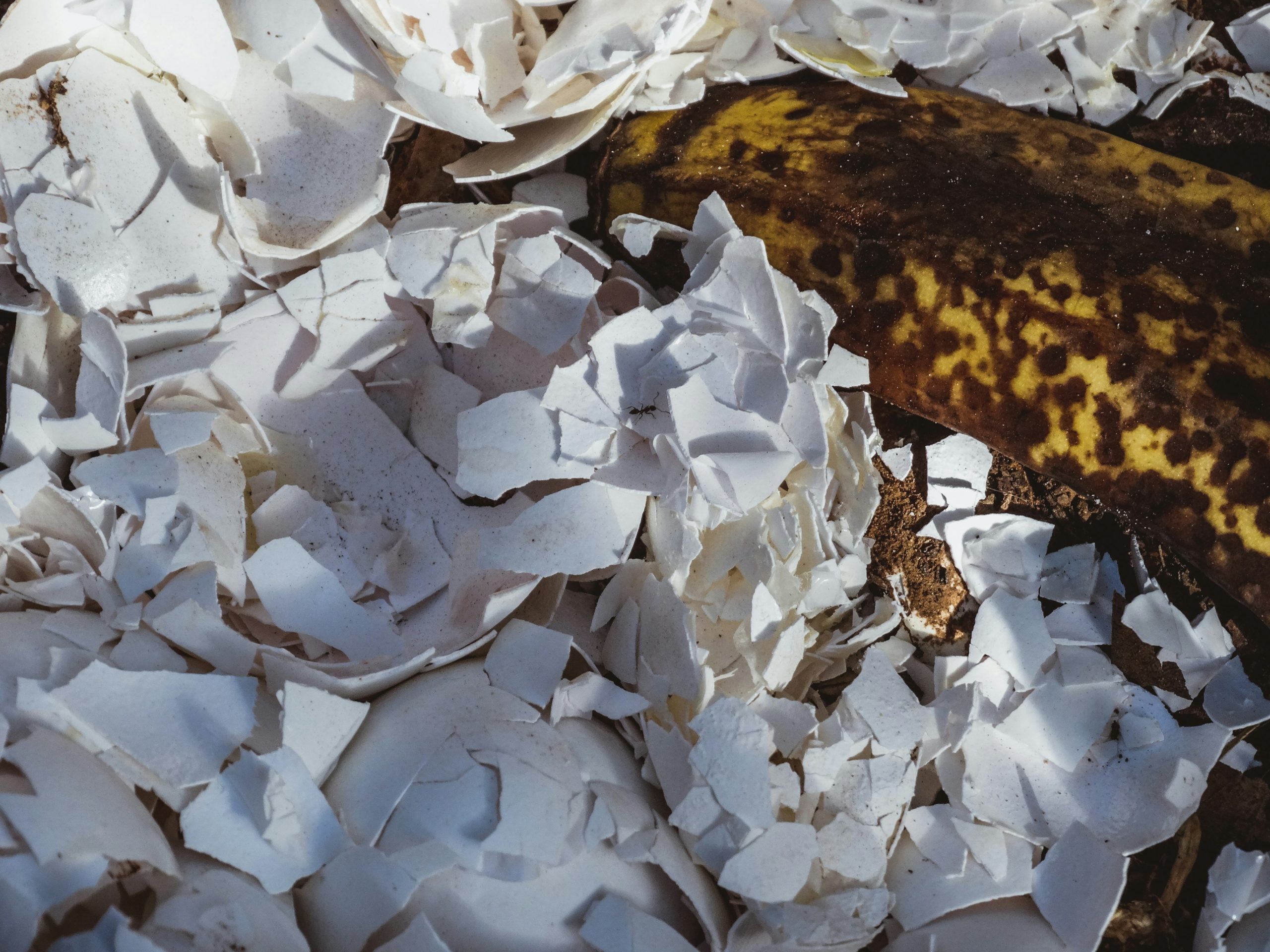
How to Compost Banana Peels
Preparation and Placement
Start by collecting banana peels as we consume bananas. Instead of tossing them in the trash, cut them into smaller pieces. This simple step speeds up decomposition and makes them easier to integrate with other compost materials.
Balance the Browns and Greens
The key to effective composting is maintaining a balanced ratio of carbon-rich “browns” and nitrogen-rich “greens.” Banana peels are considered “greens” due to their relatively high nitrogen content. Ensure we add an appropriate amount of “browns” like dry leaves, straw, or shredded paper to our compost mix to maintain this balance.
Moisture and Aeration
Compost piles need the right amount of moisture and oxygen to decompose efficiently. Check the moisture level regularly – it should feel like a damp sponge. Turning or aerating the pile occasionally introduces oxygen, enhancing microbial activity and speeding up decomposition.
Patience Pays Off
Composting is not an immediate process. Depending on the method and conditions, it can take several weeks to several months for banana peels to fully decompose. Our patience will be rewarded with rich, fertile compost that can greatly benefit our garden.
Common Concerns and Solutions
Attracting Pests
One common worry is that banana peels might attract pests. While it’s true that fruit scraps can attract unwanted visitors, proper composting practices can mitigate this risk. Ensure that banana peels are well-buried in the compost pile and covered with a layer of browns to deter pests.
Odor Issues
When correctly balanced, compost piles generally do not emit foul odors. However, if we notice an unpleasant smell, it could indicate an imbalance – usually too many greens or too much moisture. Adjusting the carbon-to-nitrogen ratio or improving aeration can resolve this issue.
Mold on Peels
Seeing mold on banana peels in the compost pile isn’t unusual and is part of the natural decomposition process. Most molds are harmless; however, if we prefer, we can turn the pile to ensure more balanced distribution and quicker breakdown.
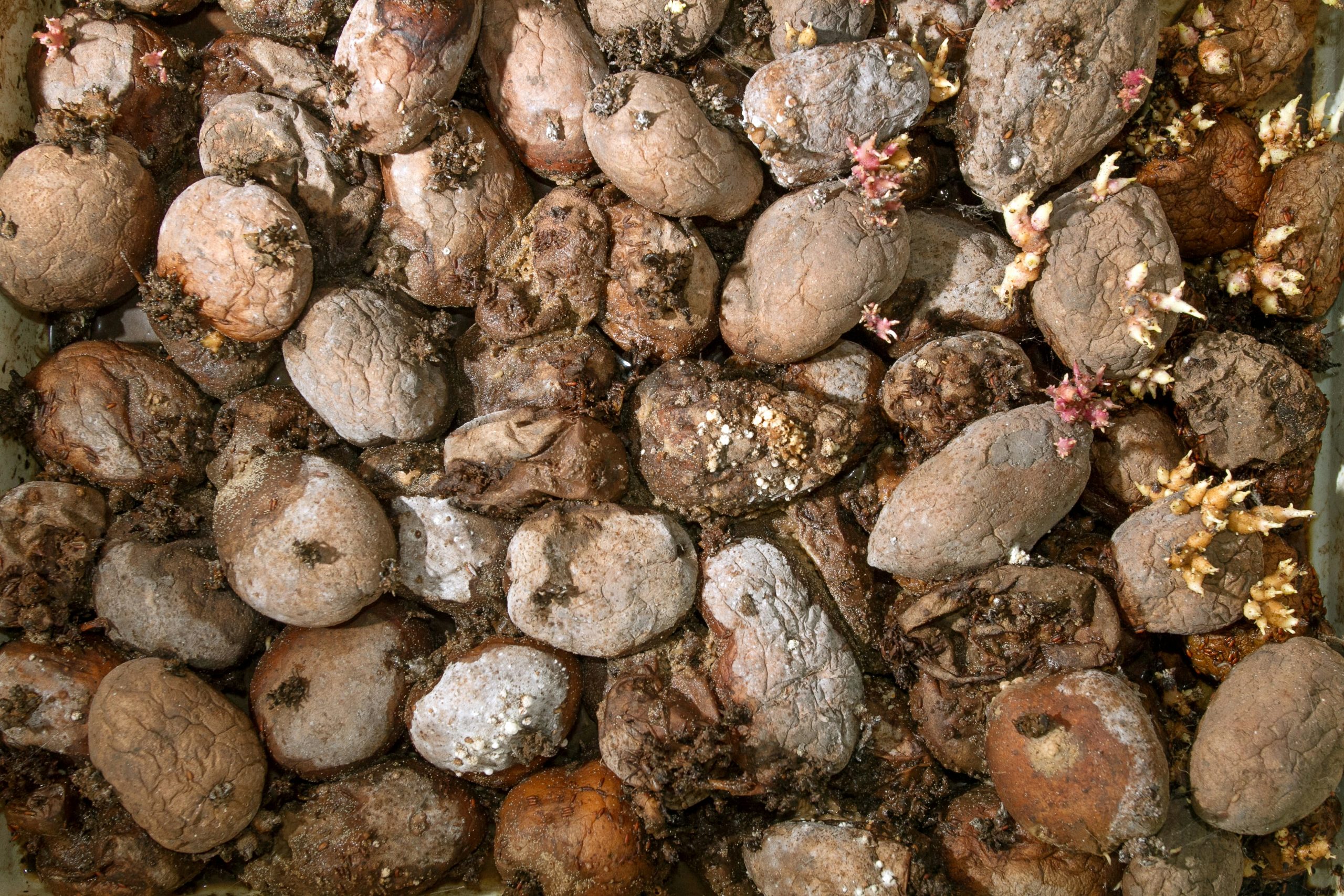
Using Compost in the Garden
After patiently composting, it’s time to reap the benefits. Here’s how we can use our nutrient-rich compost:
Soil Amendment
Mix compost into garden soil before planting. This improves soil texture, increases moisture retention, and provides a slow-release of nutrients, supporting healthy plant growth.
Mulching
Spread a 1-2 inch layer of compost around the base of plants, shrubs, and trees as mulch. This helps retain soil moisture, suppresses weeds, and gradually releases nutrients into the soil.
Top Dressing for Lawns
Sprinkle a thin layer of compost over the lawn and water it in. This practice enriches the soil, promotes healthy grass growth, and enhances the lawn’s resistance to diseases and pests.
Innovative Ways to Use Banana Peels Directly in the Garden
While composting is highly effective, banana peels can also be used directly in the garden.
Banana Peel Fertilizer Tea
Create an easy liquid fertilizer by soaking banana peels in water for 24-48 hours. The resulting “tea” is rich in nutrients and can be used to water plants, promoting vibrant blooms and healthy foliage.
Direct Soil Addition
Chop banana peels into small pieces and bury them directly in the soil around our plants. This method allows banana peels to decompose in place, releasing nutrients directly where they are needed.
Banana Peel Powder
Dry banana peels thoroughly and grind them into a fine powder. Sprinkle this powder around plants or mix it into the soil as a concentrated, slow-release fertilizer.
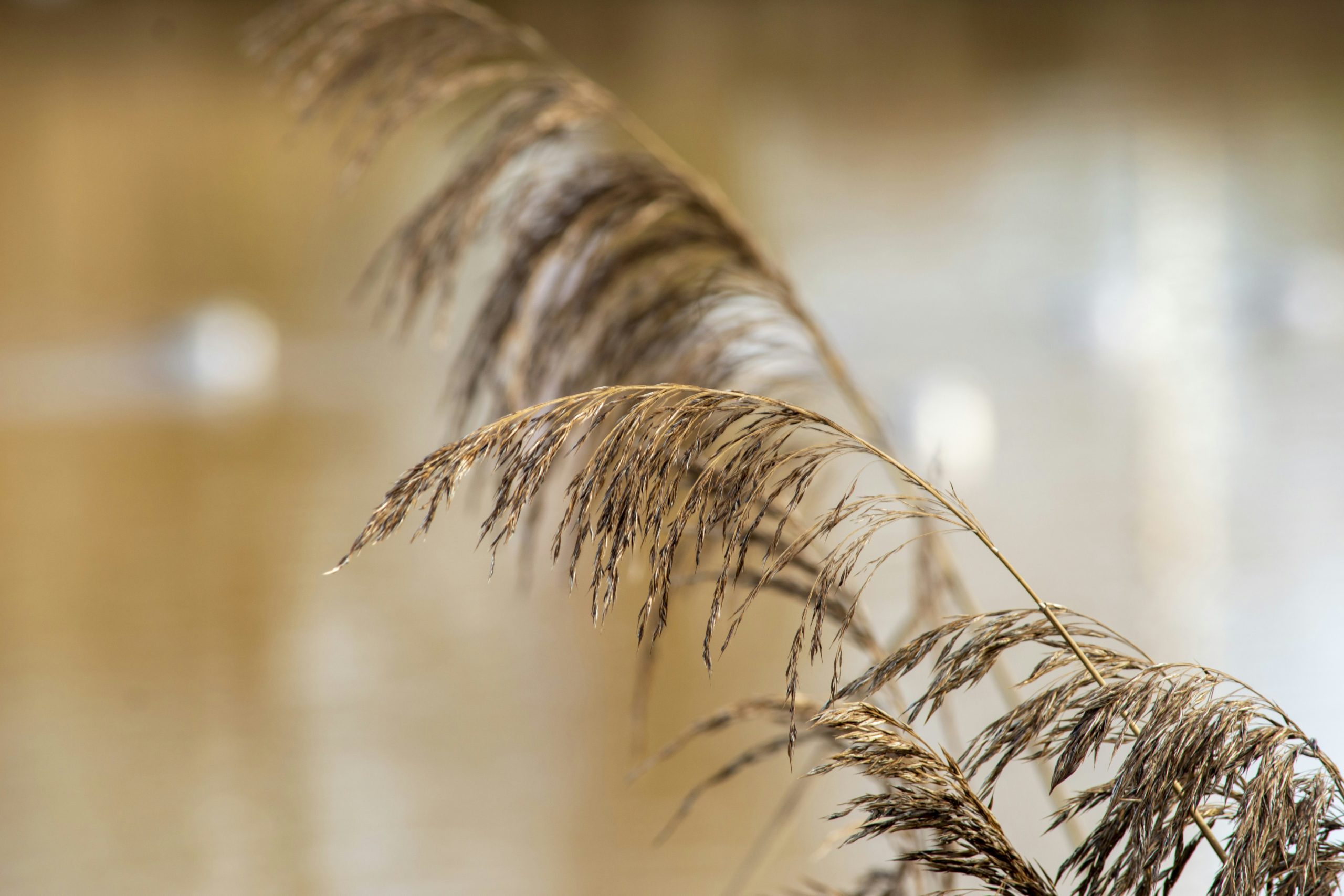
Debunking Myths About Composting Banana Peels
Peels and Pesticides
A common myth is that banana peels should not be composted due to pesticide residues. While bananas might be treated with pesticides, commercial composting studies and anecdotal evidence suggest that these compounds break down during the composting process and do not pose significant risks to our plants.
Acidic Nature of Peels
Some believe that banana peels can make compost too acidic. Although banana peels do contain some acids, their effect on the overall pH of compost is minimal, especially when balanced with a variety of compostable materials.
Slow Decomposition is a Drawback
As mentioned, the slow decomposition of banana peels is sometimes seen as a disadvantage. However, this steady breakdown can actually benefit compost piles by ensuring a prolonged release of nutrients rather than an immediate surge.
Benefiting the Planet: A Broader View
Reducing Landfill Waste
By composting our banana peels, we’re significantly reducing the amount of organic waste sent to landfills. This simple action helps lower methane emissions and reduces the strain on waste management systems.
Supporting Sustainable Agriculture
Composting fosters healthier soils, which are the foundation of sustainable agriculture. By enriching our soil with composted banana peels, we’re contributing to a more resilient and productive ecosystem.
Closing the Loop
Composting is a prime example of the circular economy in action. Instead of seeing banana peels as waste, we recognize them as a valuable resource. By returning these nutrients to the soil, we close the loop and create a sustainable cycle of growth and nourishment.
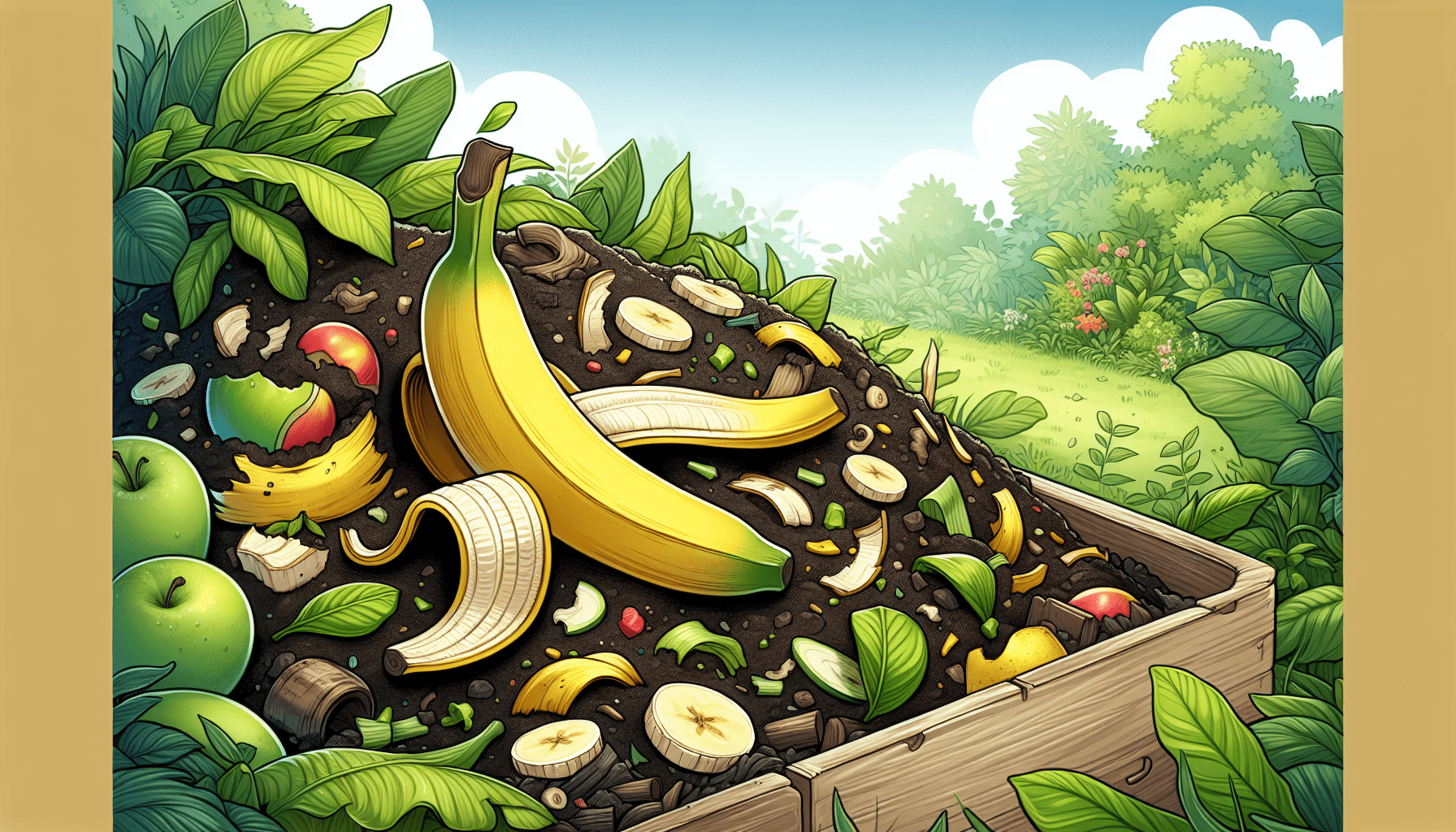
Community Composting: A Collective Effort
If individual composting isn’t feasible, we can explore community composting initiatives. Many urban areas offer composting programs where residents can drop off organic waste for communal composting. Participating in these initiatives magnifies the impact by consolidating efforts and generating larger quantities of compost for local use.
Setting Up Community Compost Bins
Get involved in or initiate a community composting project. Setting up shared compost bins in neighborhoods or local gardens fosters a sense of community, promotes sustainability, and provides shared access to nutrient-rich compost for everyone involved.
Collaborative Workshops and Education
Hosting workshops or educational sessions on composting can raise awareness and equip more people with the knowledge to compost effectively. Sharing success stories and best practices motivates others and builds a network of composting enthusiasts.
The Future of Composting: Technological Innovations
Innovations in composting technology are continually emerging, making the process more accessible and efficient. From smart compost bins that regulate temperature and moisture to electric composters that expedite decomposition, these advancements offer new possibilities for composting in various settings.
Home-Composting Gadgets
Explore home-compositing gadgets like electric composters that can break down organic waste in as little as 24 hours. These devices are particularly useful for urban dwellers or those with limited space, providing a practical solution for maintaining an eco-friendly lifestyle.
Municipal Composting Programs
Advocate for or support municipal composting programs that offer large-scale composting solutions. Municipal programs can handle a broader range of organic waste, including items like meat and dairy, which are typically excluded from traditional backyard composting.
Conclusion: Our Role in a Sustainable Future
Composting banana peels may seem like a small act, but when multiplied by millions of households, its impact is profound. By integrating composting into our daily routines, we’re nurturing our gardens, reducing waste, and contributing to a more sustainable planet.
Call to Action
Let’s take that banana peel and give it new life. Start a composting habit today, whether in a backyard bin, a vermicomposting setup, or through community initiatives. Together, we can make a difference, one banana peel at a time.
By composting our banana peels, we embark on a journey toward a greener, healthier, and more sustainable world. It’s time to turn our curiosity into action and embrace the myriad benefits that composting brings. Happy composting! 🌱


